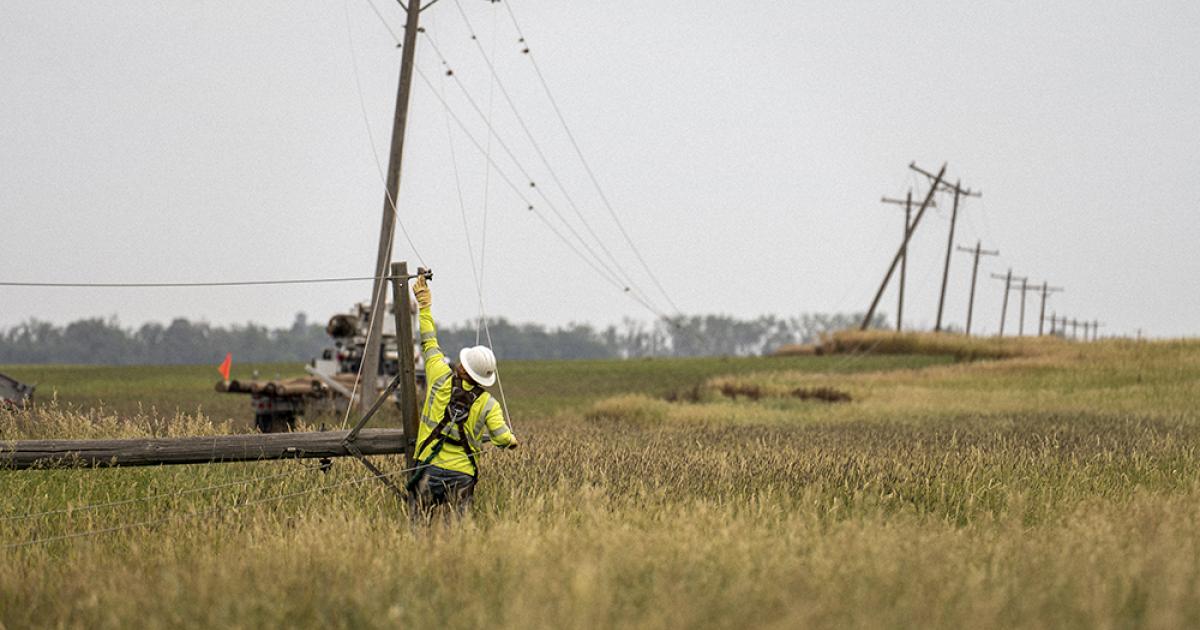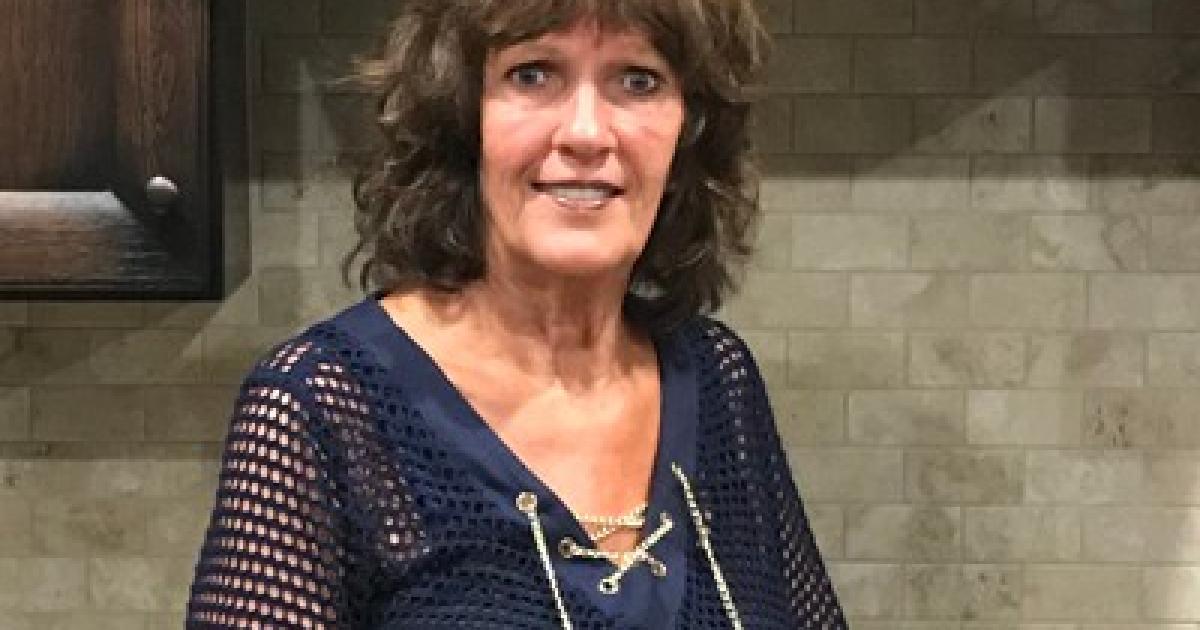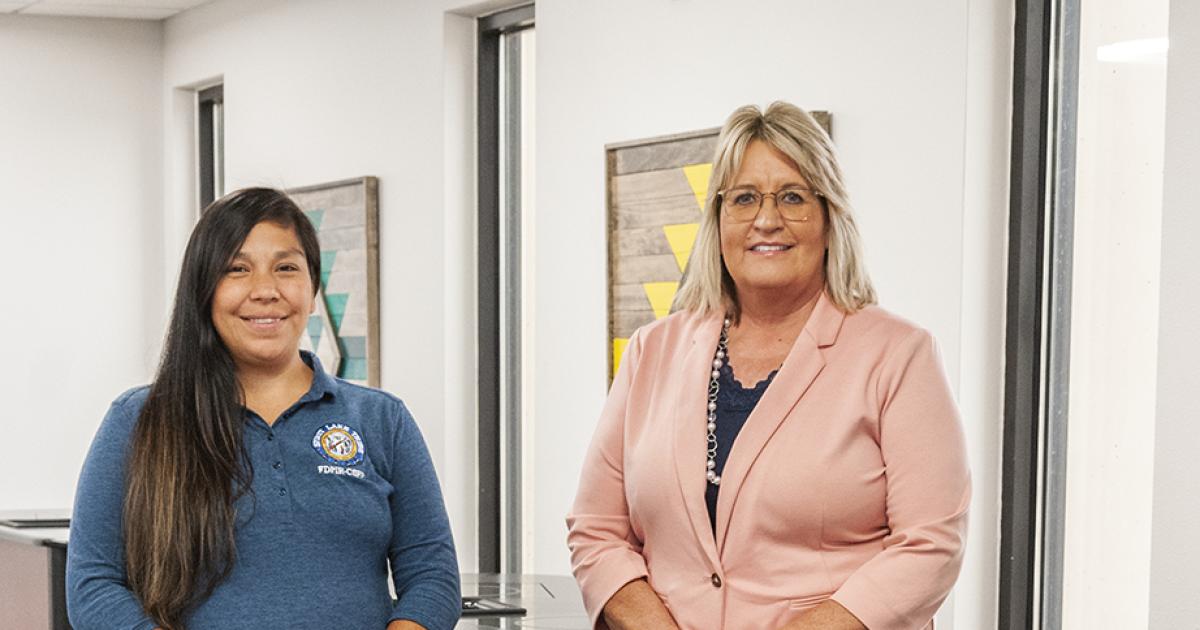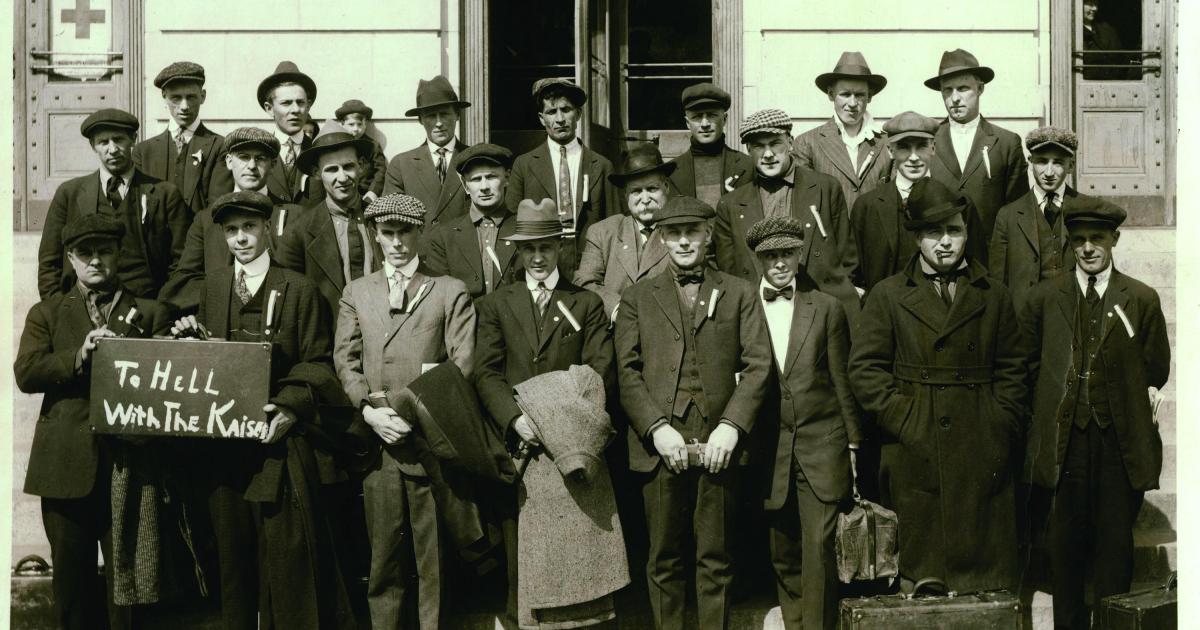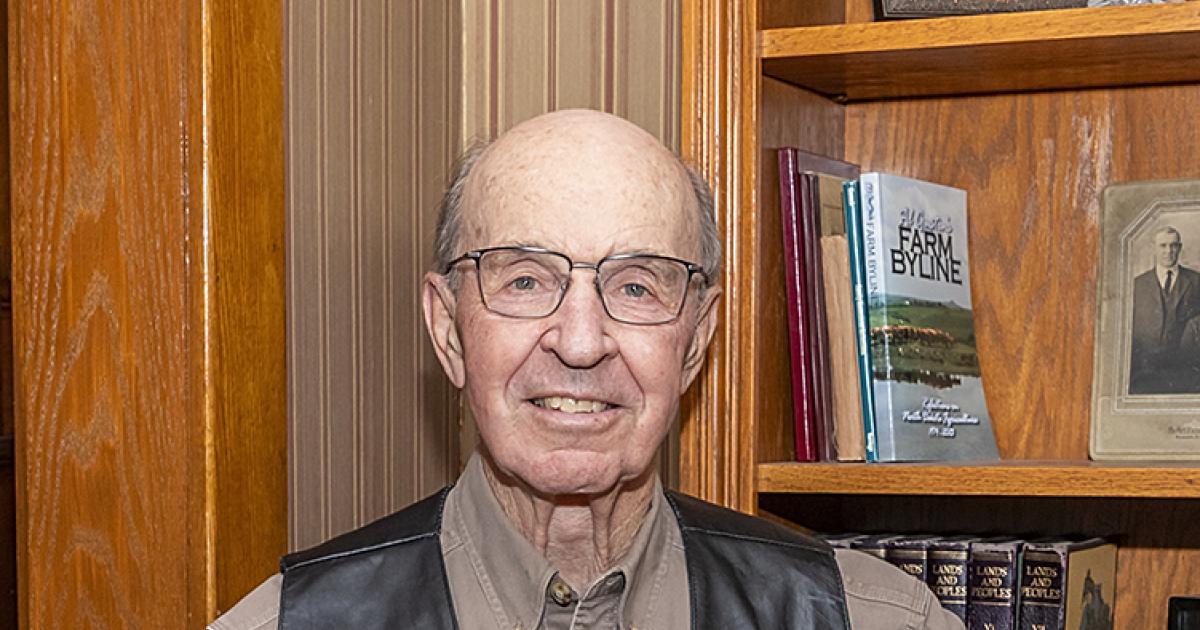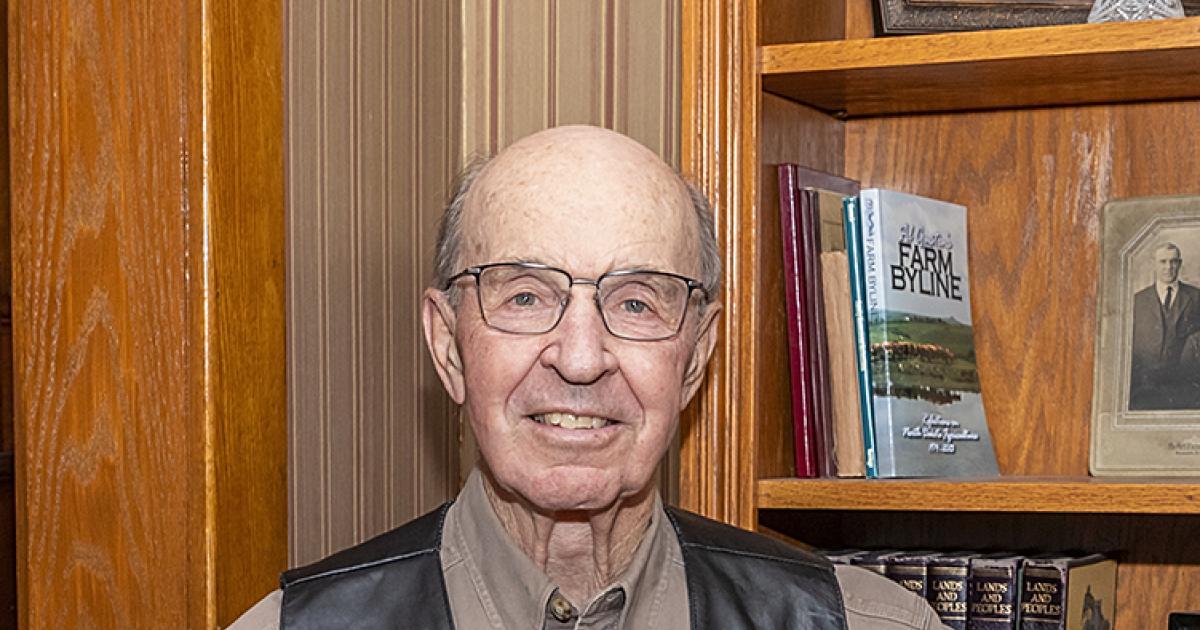Across the nation, cooperatives of all kinds come together in October to celebrate National Co-op Month.
The cooperative business model is unique. It is pragmatic, mission-oriented and puts people first. “Democracy” is a cooperative value. “Democratic member control” is a core co-op principle.
Cooperatives strive to be a trusted voice in their communities, because they are run by the member-owners who live in those communities. The “one member, one vote” principle ensures co-op members always have a say in their cooperative. While not perfect, cooperatives operate with their members’ best interests at heart.
Co-op advocates are diligent in letting local, state and national decisionmakers know how their decisions will impact cooperatives, communities and members’ quality of life. It is not in the cooperative DNA to take a backseat on issues that matter most, even if doing what we believe to be right is hard or uncomfortable. We don’t expect every co-op member to agree with every position, but we hope the process for which our positions are determined is understood and respected. Allow me to explain.
Recently, I was asked how our organization determines policies and initiatives we support or oppose. Electric cooperatives and their statewide association, the North Dakota Association of Rural Electric Cooperatives (NDAREC), maintain member resolutions. These resolutions are created and refined during an annual cycle in which members have an opportunity to participate. They provide guidance and direction to the cooperative on policy positions or advocacy emphasis.
Typically, a committee of electric co-op members spearheads the resolutions process. It crafts and reviews resolutions, then submits them to the membership at the annual meeting. Members engage in open dialogue, suggest changes or propose new resolutions. The process culminates in members exercising their cooperative voting rights and approving or denying the resolutions.
The positions of NDAREC are determined by the membership and a vote of the majority. NDAREC also holds advisory committee meetings with cooperative members, directors, managers and employees, and solicits input from these groups to finetune policy positions during the interim.
NDAREC’s member resolutions are its “true north.” It is the guidebook that directs our advocacy efforts on behalf of 22 member-cooperatives which serve more than 250,000 member-owners across North Dakota.
So, how are our policy positions determined? It’s simple: They are derived from a grassroots democratic process that allows co-op members to vote and have a say. This process has served our members and communities well for nearly 80 years. It is a process I believe in and am proud to support.
Remember: The cooperative business model, like democracy, works best when you participate.
___
Josh Kramer, editor-in-chief of North Dakota Living, is executive vice president and general manager of NDAREC. Contact him at jkramer@ndarec.com.




